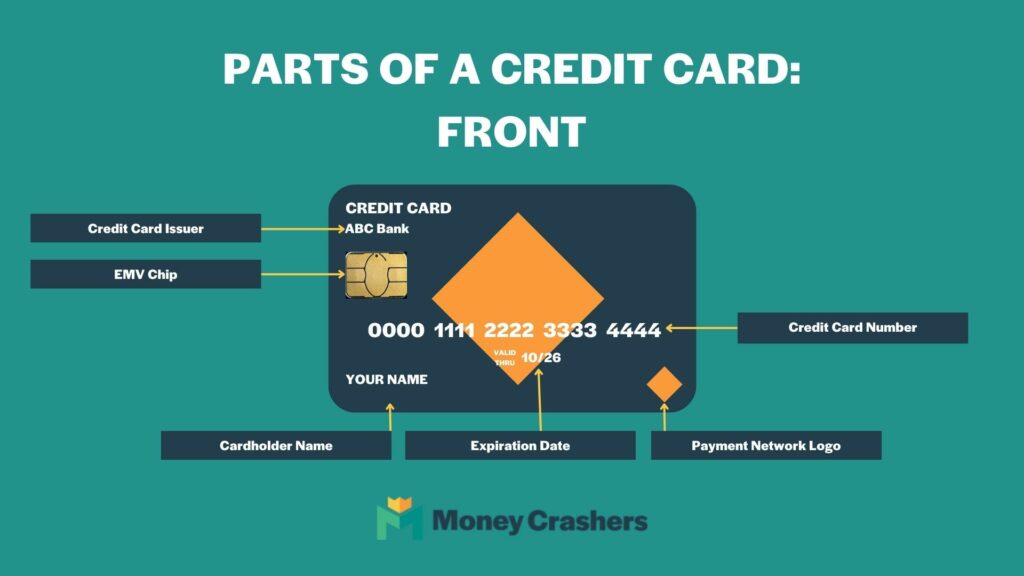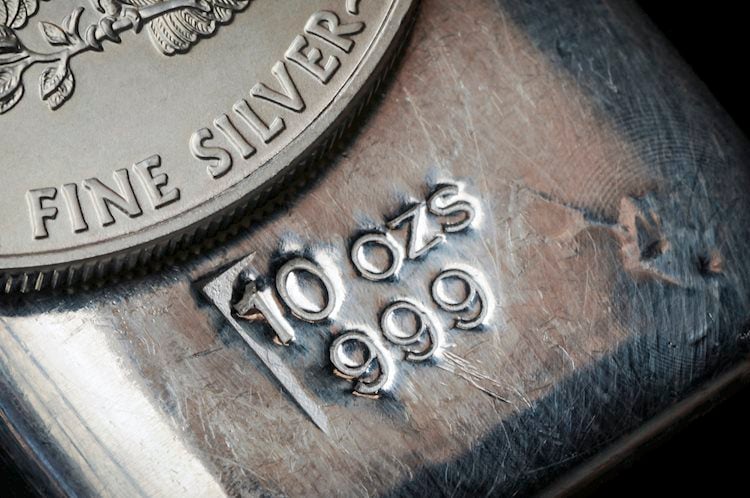[ad_1]

Buyer’s remorse is the feeling of regret or disappointment after making any purchase. It makes no difference if it’s a $3 million house or a $3 latte. With the rise of e-commerce retailers, many people shop online and admit to experiencing buyer’s remorse after an online purchase.
Research by Slick Deal estimates the rate at 74%. This regret might be because of poor product quality, consumers finding out they don’t need the item, a bad review after purchase, or a pricey product. Does this sound familiar to you? Very likely. Six people from different walks of life share their recent buyer remorse story.
An Unneeded Espresso Machine
Although Rex Freiberger, CEO of Gadget Review, generally tries to avoid impulse buys on Black Friday, he once found himself purchasing a top-of-the-line espresso maker that he was sure he would use all the time. He justified the price by promising to make his favorite coffee house drinks at home daily. What he didn’t know was how quickly he’d get tired of the chore.
“Sadly, I think I managed to do that for maybe a week before I realized that making a fancy latte every morning wasn’t very efficient,” he said. “I still used the machine from time to time but eventually replaced it with a more practical coffee maker.”
That espresso machine cost Rex $2,000, which in hindsight, he thinks was way more than he should have paid for something that I only use occasionally. Rex had every reason to regret his espresso purchase.
His Dislike for Big Corporations
For James Green, owner of Cardboard Cutouts, his buyer’s remorse is for an unusual reason. “In the last two years,” he says, “I’ve tried to shift my shopping habits to supporting local small businesses.”
One of his children desperately wanted one item for Christmas that he could not find in a local store. Left without a choice, James broke down and ordered it from Amazon. While he’s happy with the item, he’s not happy that he had to support the giant corporation to get it.
A Nail Ring; She Returned
Karen Moran, who refers to herself as the Cocktail Queen, got a Cartier Juste un Clou nail ring for her birthday last May. She got it online after she got suckered into all the Instagram pictures of Cartier pieces. She had the Love bracelet but stalked the Juste un Clou for a year.
She got it for $1,500 and then admitted that it wasn’t worth it after she wore it and didn’t find it as appealing. She couldn’t bring herself to wear it again, so she returned it.
A Product He Disposed
Scott Lieberman, Founder of Touchdown Money, sat relaxing with an adult beverage one evening and flipping through the channels on TV. Suddenly, he stumbled upon an episode of Shark Tank, and something caught his eye.
It was a product called Better Back, a posture-correcting device that promised to transform him from a slouching caveman into a regal human being. Without hesitation, he reached for his phone, and with a few taps, he made the purchase.
Excitement filled him as he eagerly awaited the arrival of his new purchase. When it finally arrived, he tore open the package and immediately put it to use. But as he tried to correct his posture, he soon realized it was not working as advertised.
His shoulders slumped even more, and disappointment washed over him. To make matters worse, the website where he bought the product had a terrible return policy.
He was stuck with a useless product and $60 less in his bank account. “I tried to give it away to friends.” Lieberman said, “but no one wanted it, so I disposed of it. ”
Spending That Hurt Deep
Mary – not her real name – and her husband from Ontario spent thousands of dollars on books over the last few years, mostly bought online from various retailers, most of which her husband never read or touched beyond the first day.
“We’re talking in the thousands of dollars,” she said. She estimates the spending to be between $1000-$2000 monthly and around $15,000 in total.
This spending spree started after her husband received an inheritance from his father’s passing in 2017. He fell into a depression and bought books addictively to mask the pain. The remorse hit when they realized that the inheritance money was entirely gone.
Not only did the couple not save any inheritance money, spending it on various expenses like college, car, and house renovation. They even reached the point where they had to borrow money from family. “The shame of seeing the lost opportunity to get ahead financially was crippling and further strained my husband’s mental health,” Mary says.
Her spouse has repeatedly stated that he intends to sell them. She assumed it was the story he told himself when he purchased them. However, they have yet to do so. Fortunately, a friend recently approached them and expressed an interest in buying some.
“Of course,” Mary admits, “we won’t get the full value back, but even to regain a few hundred dollars will soften the blow and might cause us to feel a sense of accomplishment and happiness.”
Getting Over The Remorse
According to Mary, it hurts to think about how she let that happen without intervening sooner. “But that season of our life was very dark and difficult – a season of dark depression – and so I try to be gracious and not let shame and guilt overcome me,” she says. Her husband still feels very bad about it.
According to her, she couldn’t even broach the subject for a long time. But things have changed a bit as she can do so carefully now, if necessary. They’ve also spoken to a counselor about it, which seemed to help.
“But it does still sting to think about it, especially now that we are tight financially and are working hard for every dollar we earn,” Mary says.
What To Do if You Have Buyer’s Remorse
Evaluate the situation to understand why you feel remorseful about a purchase. Is it because you overspent, or is the item less useful or valuable than you thought it would be? This would help you take the necessary steps to change things in the future. Also, think about what you can do differently to avoid this pitfall in the future.
Choose to return or exchange the item. Many retailers have return or exchange policies that can help alleviate your remorse.
Look for how to sell or donate to someone or someplace needing the item. Giving activates an area of the brain linked with contentment and the reward cycle. It’s a good way to reverse your emotions and feel more positive. Selling will also help recoup some of the cost and make you feel better about the purchase.
Try not to expect anything out of this world from a product you are purchasing online. Being realistic will manage your expectations and help you feel less disappointed.
For couples, Mary advises lovingly approaching your spouse or partner if they are overspending. Doing it non-aggressive and compassionate way can let you know if they will be open to getting help.
According to Mary, it helps to speak with a mental health professional instead of trying to manage the overwhelming regret and remorse on your own.
How To Avoid Buyer’s Remorse
Drawing from his mistake, Lieberman says he will, “…only order from websites with friendly return policies. That way, if I get buyer’s remorse, I can hit the metaphorical ‘undo’ button to feel better.”
Freiberge adds, “My best tip is to avoid buying something just because it’s a hot trend or because all your friends are buying it. Take the time to think about whether or not a high-investment item will actually add value to your life before purchasing.”
Mary shares more tips:
Catch spending early and address it.
Apply for a refund if you have that option as soon as possible.
Pay attention to your credit card statements! If you need more clarification on what you spent, check that statement.
Many credit cards have options for getting alerts to your phone when you make a purchase. Do that so you can catch spending early and request a refund before it’s too late.
Learn from your mistakes and remember that we all lose money in life. Some of us lose it in excessive purchases, while others buy houses when the market is high and then lose it when it crashes. Others lend to friends and never see the money return. It’s just a fact of life, so try to be kind to yourself and move on, knowing you’ll do better next time.
This article was produced and syndicated by Wealth of Geeks.
[ad_2]













